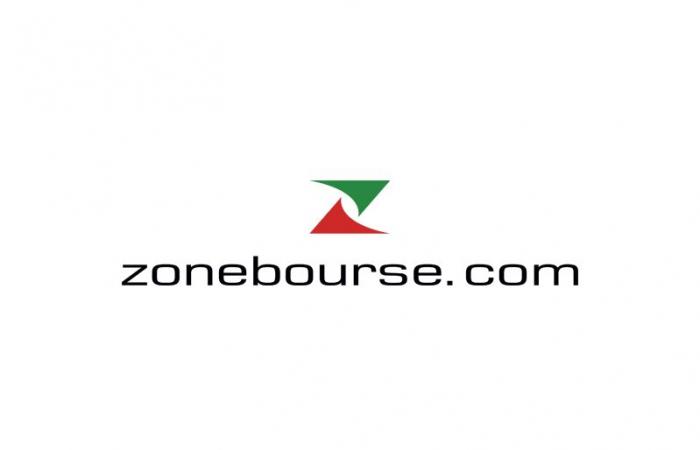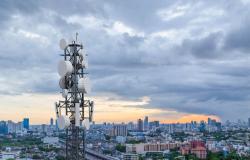China's top legislature moved Monday to soften the terms of a controversial law aimed at strengthening the hands of creditors by allowing them to target former company shareholders, after a wave of rare protests in 11 cities.
The intervention by the Legislative Affairs Committee of the National People's Congress (NPC), China's parliament, regarding a recent change in corporate law follows a series of 17 shareholder rights protests over the past weeks.
The commission said it would “urge relevant courts to take appropriate measures” to “better optimize” the business environment, state media reported Monday.
She said the contentious provision should not apply to shareholders who sold their shares before the new law took effect in July.
The move comes as Beijing struggles to manage economic discontent following the collapse of the real estate sector and restore consumer confidence.
The protests, which experts say have threatened to morph into a broader social stability problem for Beijing, have focused on the question of who should be responsible when private companies of the type that once fueled the China's rise cannot pay its debts or go bankrupt.
“You have this protest movement, basically because people's livelihoods are being affected by government policy, and that might prompt them to take very specific actions to try to quell the discontent,” said Kevin Slaten, director from the China Dissent Monitor (CDM), a project of the Washington-based rights group Freedom House that tracks protests in China.
A sweeping overhaul of China's corporate law took effect in July, allowing companies to hold original shareholders liable for unpaid sums, even if they have already transferred their shares.
However, in a decision that surprised legal experts, the Supreme People's Court went further to find former shareholders liable for unpaid amounts after bankruptcy, even if they had already transferred their shares to new investors.
This retroactive application angered investors who worried about potential liabilities after their withdrawal.
In a now-censored online post, one person compared the situation to selling a car and having to pay for damages when the new owner has an accident.
PROTESTERS DEMAND TO “SEE THE LEADER
Videos posted on Chinese app Douyin between late November and early December showed protests outside and inside high courts in 11 Chinese regions.
The videos posted online show a mix of young and old asking to “see the head” of justice.
Some asked for an explanation of the change in the law and wanted its retroactive element removed, citing the new law's provision on the issue of investor liability, including for bankrupt companies.
In Chengdu, capital of southwest Sichuan province, where videos showed three protests, one carried the online slogan “Fairness and justice will definitely prevail.”
Censors quickly removed most of the videos, but some continue to circulate.
The CDM provided Reuters with an archive of the videos. Reuters was able to confirm the locations of several of them, but could not confirm their dates and could not reach any of the people involved.
October's economic protests were the largest since 2022, according to a CDM tally for the most recent month for which it has data.
Until recently, China made it easier to start businesses with declared equity that could be paid out over the years. This allowed businesses to establish themselves quickly, win contracts and borrow. In fact, shareholders had several years to pay for their shares.
But this gap also opened the way to fraud.
“It has happened that shareholders, to avoid their payment obligation, transferred shares to members of their family or to very elderly people, who did not have the means to pay, in order to avoid meet their payment obligations,” said Ren Yimin, founding partner of Capital Equity Legal Group.
The collapse this year of developer Evergrande, whose debt totaled more than $300 billion, also highlighted the growing stakes for creditors.
In one of the first retroactive rulings, issued in August by a Beijing court, original shareholders who sold their stake in a company called Ren He were held responsible for millions of yuan claimed by creditors.






